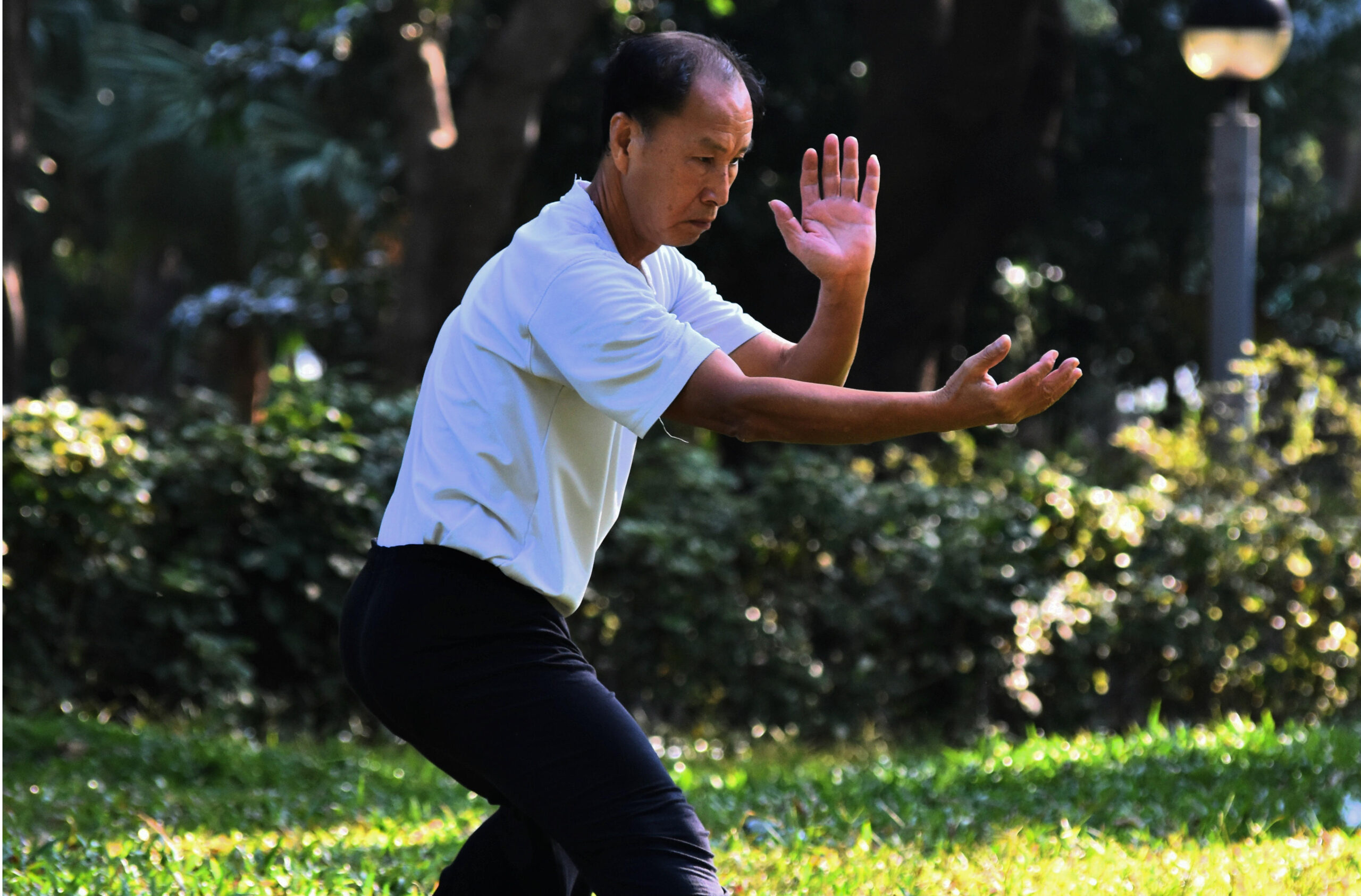Trips Led by and for Women (to Celebrate Women’s History Month) – The New York Times, March 4, 2019 In early 2018, the Global Wellness Summit identified the trend “A New Feminist Wellness,” which examined how more travel is now squarely aimed at women’s empowerment, whether it is more all-women adventure tours or more retreats for women to heal emotionally. This trend is really picking…





























































